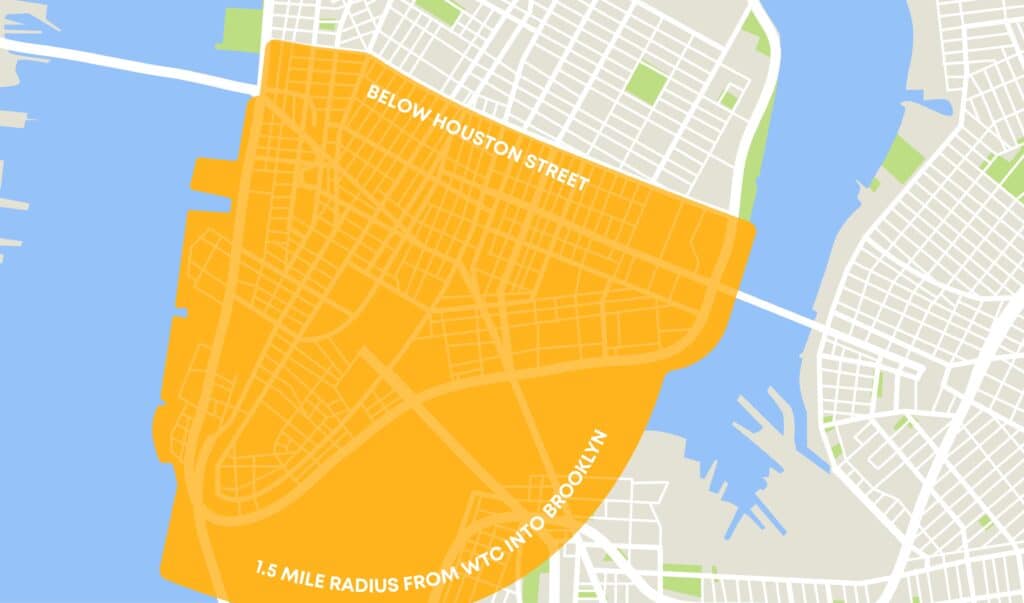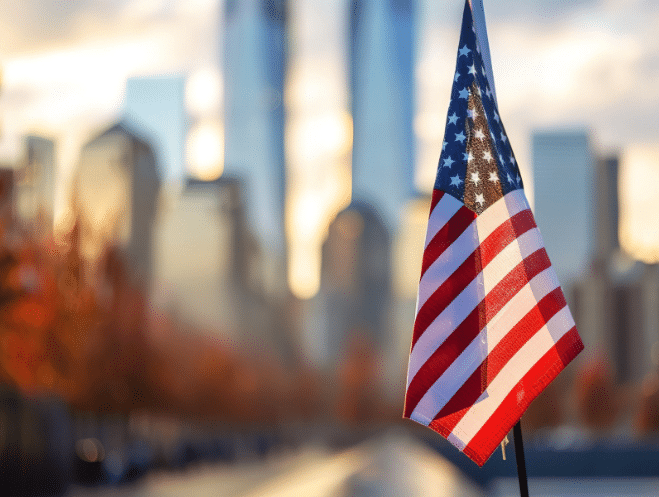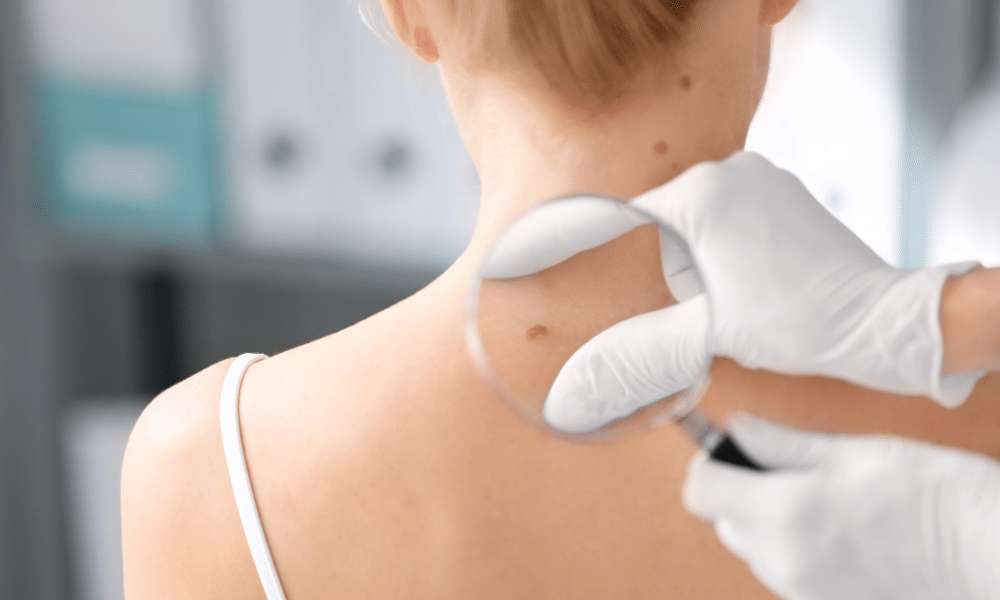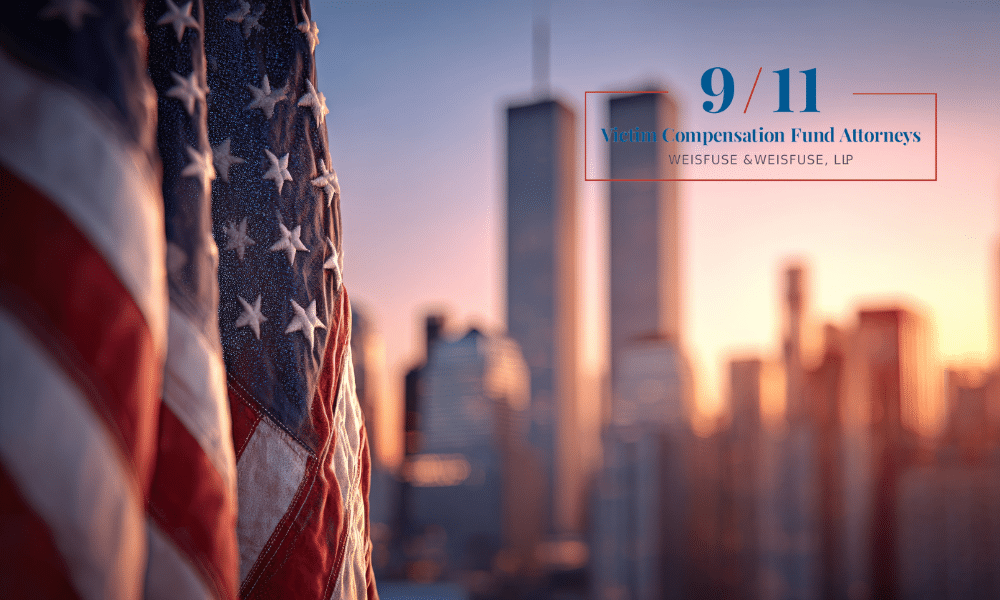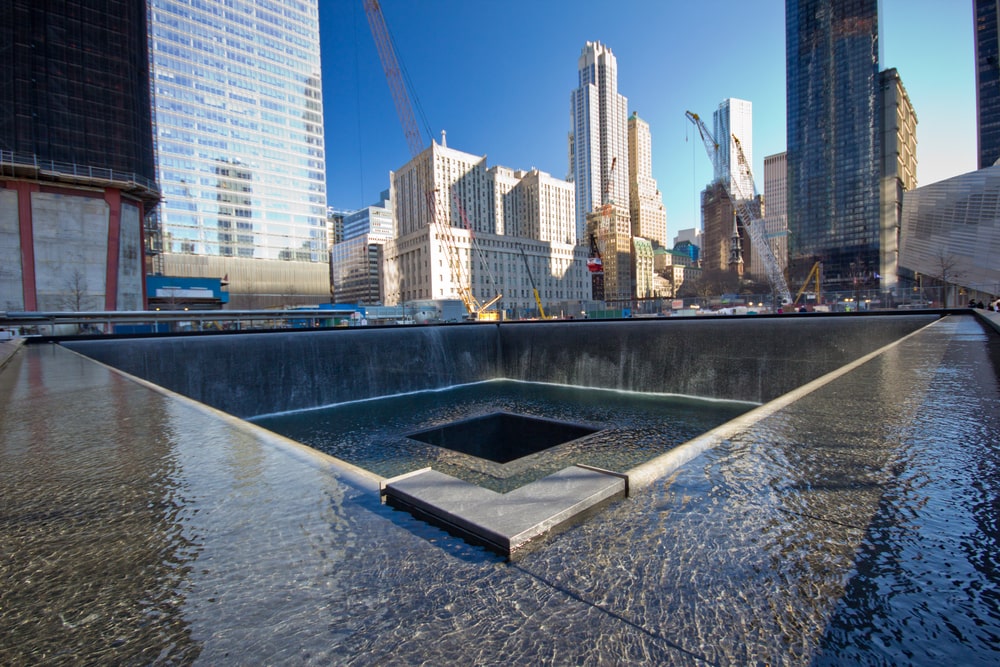
For people who were exposed to the toxic 9/11 dust and have been diagnosed with cancer, certain rights and job protections exist.
These rights and protections come from several pieces of legislation developed so that people with cancer are not discriminated against — and also so the brave people who helped get NYC back onto its feet after the attacks are properly cared for.
However, it can be a little confusing for those with 9/11 cancers to understand the rights they have and what they can legally claim in the way of assistance — and from where.
Let’s take a look at how victims’ employment status can be protected and rights to financial support exercised while receiving the appropriate medical treatment for cancer.
Cancer and the Americans with Disabilities Act (ADA)
Discrimination against individuals with disabilities is prohibited in U.S. workplaces. Under the Americans with Disabilities Act (ADA), cancer is listed as a disability and, therefore, any employee with cancer in the U.S. is protected.
The Act states that employers must provide reasonable accommodations to facilitate the effective execution of job duties for employees with disabilities.
Many cancers — and their treatments —hinder the ability to do one’s job. Under the terms of the ADA, employers may be required to modify the work schedule, temporarily reassign the employee, or make amendments to the work environment to allow for the employee’s medical needs.
The ADA covers employers with 15 or more employees in the U.S., including state and local governments. The nondiscrimination standards of the ADA apply to federal employees as well as private employees.
Cancer and the Family and Medical Leave Act (FMLA)
Another federal act that can provide essential support and protection for those with 9/11 cancers is the Family and Medical Leave Act (FMLA).
Under the terms of the FMLA, employees who qualify can receive up to 12 weeks of unpaid, job-protected leave for medical reasons.
A 9/11 cancer is considered a serious and potentially life-changing health condition, so most victims diagnosed with and treated for cancer are eligible for FLMA support. If this is the case, employers must also maintain the employee’s group health insurance coverage during the leave period.
Another condition of the Act is that upon returning to work after FLMA leave, employers must reinstate employees to their previous positions — or equivalent positions with equivalent pay, benefits and working conditions.
Note that the FMLA applies to private employers with at least 50 employees. Private employers with fewer than 50 employees are not covered by the Act, but employees may be covered by state family and medical leave laws.
How are federal contractors protected?
The above laws cover the majority of workers in the U.S. However, some employees of federal contractors (like many individuals employed in the 9/11 cleanup) may face eligibility concerns when seeking protections and support under these laws.
Those who work for federal contractors should familiarize themselves with the Federal Acquisition Regulation (FAR). This may entitle eligible employees to up to 56 hours of paid sick leave per year if they are diagnosed with and treated for a 9/11 cancer or require rehabilitation after treatment.
Do you have to disclose sensitive medical information?
Individuals with 9/11-related cancers may be concerned about the requirement to disclose sensitive medical information to employers. This can restrict some from exercising the rights to which they are entitled.
Generally speaking, it is only necessary to disclose information related to a 9/11 cancer if specific and reasonable accommodations are being claimed from an employer or job-protected leave is claimed.
The role of the VCF and WTCHP in supporting those with 9/11 cancer
Despite the many protections and support afforded to 9/11 cancer victims under the ADA, FMLA and FAR, many anecdotal reports of workplace discrimination still occur. Discriminatory treatment, refusal to provide reasonable workplace accommodations for health requirements or even terminations have resulted from employers flouting the laws.
It may seem incredible that those who risked their lives to help NYC recover are discriminated against — and it’s certainly unfair — but, fortunately, victims can take certain measures to ensure that they’re not financially disadvantaged from simply doing their jobs after 9/11.
Cancer requires expensive treatment and, often, considerable time off work. Nobody with 9/11-related cancer should be penalized for this or have to face it alone.
The World Trade Center Health Program and Victim Compensation Fund
The World Trade Center Health Program (WTCHP) and the Victim Compensation Fund (VCF) are two avenues that anyone with a 9/11-related cancer should be familiar with already.
If not, it’s important to understand that these were specifically created after the passing of the James Zadroga 9/11 Health and Compensation Act to help those who suffered related health problems post-9/11.
The WTCHP monitors 9/11-related health problems and provides treatment for certified individuals who suffer related physical or mental health conditions. It is well-recognized that certain cancers like prostate cancer, leukemia, Hodgkin lymphoma, and uterine cancer are connected to toxic exposure during 9/11.
WTC responders and survivors who were exposed to toxic 9/11 dust between September 11th, 2001, and July 31st, 2002, are covered under the program, as well as surviving family members who lost loved ones in the attacks.
The Victim Compensation Fund allows individuals who have suffered from 9/11-related health conditions and those who lost loved ones in the attacks or due to 9/11-related cancer or other illnesses to claim financial compensation.
Compensation can be claimed for both economic losses (medical costs, lost wages) and non-economic losses (pain and suffering). Anyone in the exposure zone between September 11, 2001, and May 30, 2002, and with a qualifying condition can claim from the VCF.
Anyone diagnosed with 9/11-related cancer should familiarize themselves with their rights as a first step to job protection, seeking the right treatment and claiming their rightful financial support.
And for anyone who has experienced discrimination as the result of a 9/11-related cancer, it’s essential to seek legal advice from an experienced 9/11 attorney.
The lawyers at Weisfuse & Weisfuse, LLC can assist if you have a cancer related to 9/11. To discuss your situation and learn more about how we may be able to help you, please call 212-983-3000 or contact us online to schedule a free consultation.
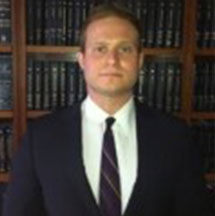
About Jason Weisfuse –
9/11 Victim Compensation Fund Attorney
About Jason Weisfuse –
9/11 Victim Compensation Fund Attorney
Jason E. Weisfuse is a seasoned 9/11 cancer attorney and managing partner at Weisfuse & Weisfuse, LLC, a New York City-based law firm dedicated to representing individuals affected by the September 11th attacks. Since the establishment of the September 11th Victim Compensation Fund (VCF), Jason has been instrumental in assisting first responders, survivors, and families in securing the compensation and medical benefits they deserve.
With a Juris Doctor from New York Law School (2009), Jason brings extensive experience regarding the 9/11 Victim Compensation Fund to his practice. His deep understanding of the VCF and the World Trade Center Health Program (WTCHP) has enabled him to navigate complex claims processes effectively, resulting in substantial awards for his clients.
Jason’s commitment to the victims in the 9/11 community is evident through his active involvement in professional organizations such as the New York State Trial Lawyers Association and the American Association for Justice. He has also contributed to legal discourse with publications in the New York Law Journal, reflecting his dedication to legal excellence and advocacy.
At Weisfuse & Weisfuse, LLC, Jason continues to provide compassionate and knowledgeable representation, ensuring that those affected by 9/11 receive the support and compensation they are entitled to.


